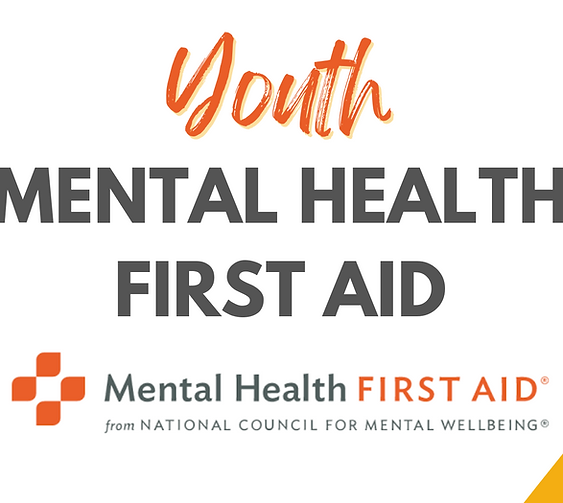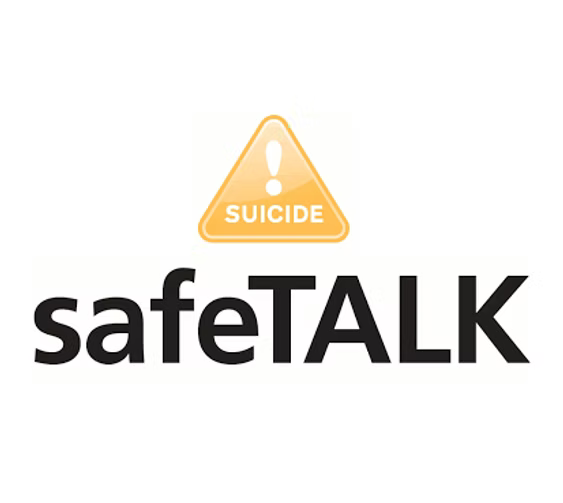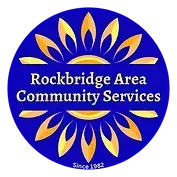Trainings Available
Adult Mental Health First Aid
Mental Health First Aid is an 8-hour course that teaches you how to help someone who is developing a mental health problem or experiencing a mental health crisis. The training helps you identify, understand, and respond to signs of addictions and mental illnesses.
Length: 8 hours (virtual and in-person training options listed below)
Valued at $170 per person but currently able to offer at no cost due to grant funding. Space is limited to the first 30 people, minimum needed is 8. Click the link below to register.

Youth Mental Health First-Aid
An 8-hour course that teaches adults how to identify, understand and respond to signs of mental illness and substance use disorders in adolescents. The training introduces common mental health challenges for youth and teaches a 5-step action plan for how to help young people in both crisis and non-crisis situations. (virtual or in-person training options listed below)
Length: 8 hours
Valued at $170 per person but currently able to offer at no cost due to grant funding. Space is limited to the first 30 people, minimum needed is 8. Click the link below to register.
Understanding Adverse Childhood Experiences
Our life experiences can impact our health. Join us as we review the research on how Adverse Childhood Experiences (ACEs) play a tremendous role in developing potential physical, mental and behavioral problems later in life. Click the link below to register.
Length: 1-3 hours.
No minimum or maximum requirements.
The following virtual training is
3 hours in length from 9am-12pm.



Crisis Intervention Training
The Crisis Intervention Team (CIT) program is a community partnership of law enforcement, mental health and addiction professionals, individuals who live with mental illness and/or addiction disorders, their families and other advocates. It is an innovative first-responder model of police-based crisis intervention training to help persons with mental disorders and/or addictions access medical treatment rather than place them in the criminal justice system due to illness related behaviors. It also promotes officer safety and the safety of the individual in crisis.
Primarily a training for law enforcement and first reponders
Length: 40 hours (1 week)
Space is limited to 16 people
SafeTALK
Info: A half-day training program that teaches participants to recognize and engage persons who might be having thoughts of suicide and to connect them with community resources trained in suicide intervention. Become a suicide alert helper today. Click the link below to register.
Length: 3.5-4 hours
Currently at no cost due to grant funding
Space is limited to the first 30 people, minimum needed is 10 people.

ASIST
Applied Suicide Intervention Skills Training
Info: Attending this two-day course will train you to intervene with an individual who is suicidal. Applied Suicide Intervention Skills Training (ASIST) is a two-day interactive workshop in suicide first aid. ASIST teaches participants to recognize when someone may have thoughts of suicide and work with them to create a plan that will support their immediate safety. Although ASIST is widely used by healthcare providers, participants don’t need any formal training to attend the workshop—anyone 18 or older can learn and use the ASIST model.
Length: 2 full 8 hour days
Valued at $250 per person but currently able to offer at no cost due to grant funding
Space is limited to the first 30 people, minimum needed is 10. Click the link below to register.
REVIVE: Naloxone Administration
Info: This course covers understanding opioids, how opioid overdoses happen, risk factors for opioid overdoses, and how to respond to an opioid overdose emergency with the administration of Naloxone. Click the link below to register.
Length: 1-1.5 hours
No minimum or maximum requirements.
Community Conversations/Topical Presentations
The Prevention team hosts a variety Community Conversation/Topical Presentation events in Rockbridge County. Here is a list of featured conversations and presentations:
- High School classroom presentations
- Theatre Documentary Series
- Church and Civic group presentations
- Employee & Students Wellness Fairs (University & Public School Sys.
- Virtual Community Conversations on a variety of topics with or without panel members
Email us if interested in learning more.
Behavioral Health Crisis Hotline: 1-855-222-2046

